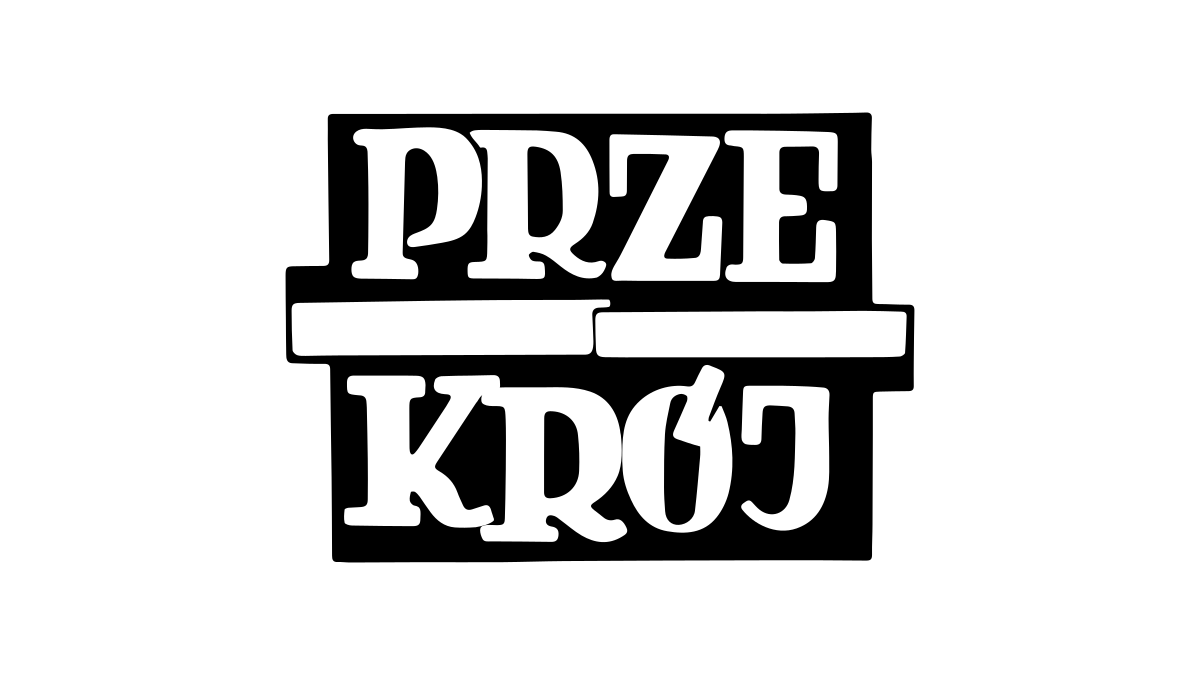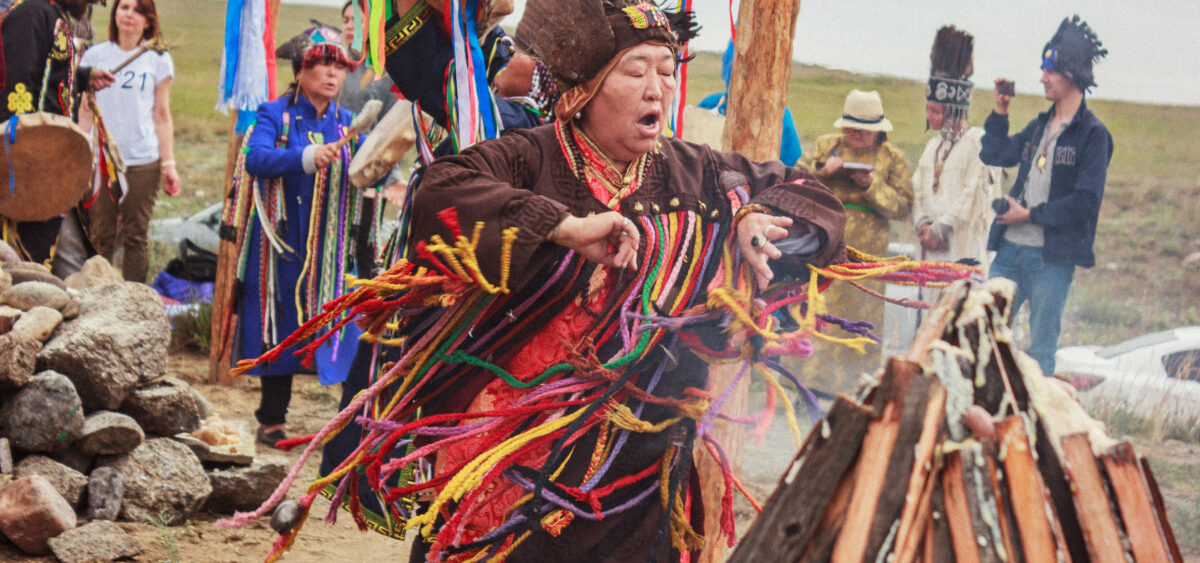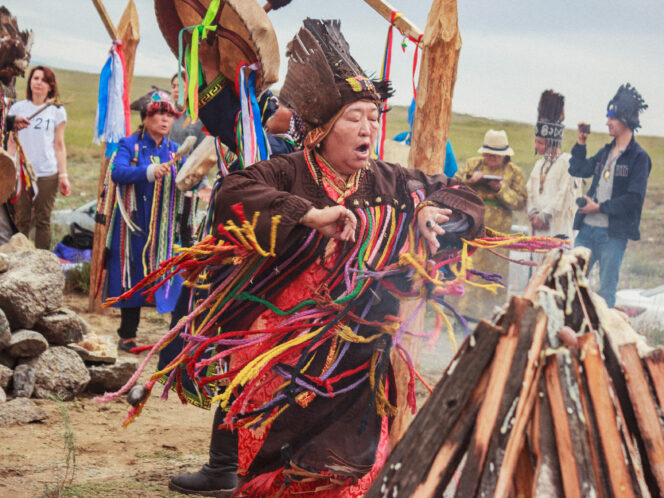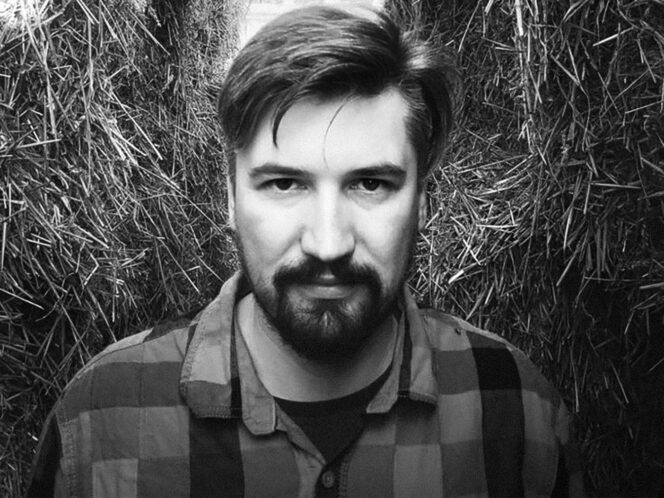
Siberian spirituality, illegal under the USSR and gradually recovering since that system collapsed, is still viewed askance by those at the top in Russia. The situation isn’t made any easier by internal disputes: while the spirits tell some shamans to move with the spirit of the age, others are told to go to Moscow.
In the late summer of 2021, the Third All-Russian Congress of Shamans was held in Kyzyl. Dozens of delegates from all over Siberia gathered in the capital of the autonomous Tuvan Republic. For several years, representatives of shamanist organizations had petitioned the central authorities in Moscow to formally recognize shamanism as one of Russia’s ‘traditional religions’. So they were racking their brains to find something more they could do for the leaders of Russian shamanism to be welcomed into the Kremlin with full honours, alongside the Orthodox Patriarch of Moscow and all Rus’, the chief muftis, the chief rabbi of Russia, and Buddhism’s Pandito Khambo Lama.
The Shamans’ Congress took place in quite a nervous atmosphere. In recent years, much has been done to unite Russia’s shamanist organizations, but they still haven’t managed to create a single unitary structure representing the interests of all regions. What’s worse, the echoes haven’t died down of a certain well-publicized scandal, which for two years has drawn attention not only in Russia, but also far beyond its borders.
At the plenary session, a local Tuvan shaman, Kara-Ool Tiuliushevich Dongun-Ool, holder of the title of Supreme Shaman of Russia, took the floor. In an irritated tone, the veteran activist started to attack the impudence of the Church and the way it places crosses wherever it likes – even in shamanist holy sites. The Russian Buddhist sangha was also a target, for building monasteries in majority-shamanist areas. Finally, Tiuliushevich got to the hottest topic, declaring (as quoted by the RIA Novosti news agency): “Dear colleagues, as you know well, a psychologically unbalanced homeless Yakutian has declared himself a shaman and started walking to Moscow. In countless media reports there hasn’t been a word about how this man isn’t a true shaman, just an ordinary usurper! The arrival on the scene of more opposition pseudoshamans is just a question of time. Meanwhile, the authorities don’t want to see the difference between








